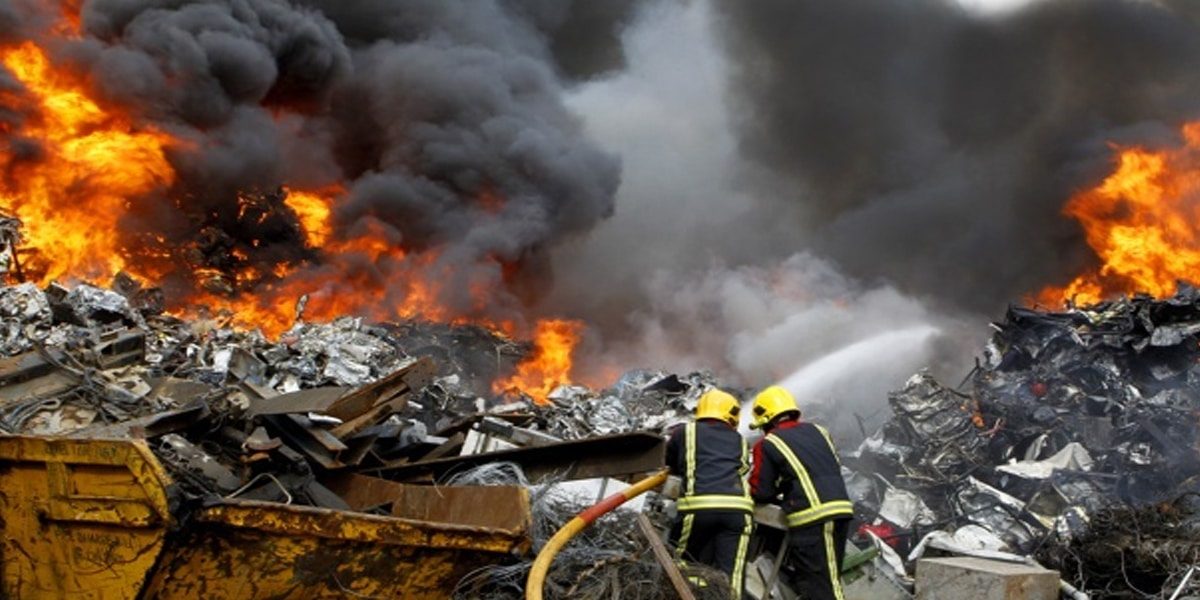While lithium-ion (LiOn) batteries have become an ubiquitous part of everyday living, not everyone has cottoned on to how these should be disposed of once spent – and this poses a significant safety and health risk to sanitation workers.
Australia, in particular, is raising the alarm about this issue. Sanitation workers at garbage disposal tips or landfills need to put out an average of five fires a day because of improperly trashed LiOn batteries bursting into flame.
Karl Murdoch, waste service manager for the Isaac Regional Council in Central Queensland, explained that most of the fires occurring in local garbage tips were due to improperly disposed of LiOn batteries from a surprising range of sources. Murdoch enumerated a number of devices on his list, including new-generation electric lawnmowers, hedge trimmers, portable hand tools, cordless cleaning devices, and even golf buggies.
Simple ignorance is the key reason he sees when it comes to the improper disposal of LiOn batteries. Most people believe they aren’t doing anything wrong; in fact, they assume that, because they’ve chucked their old devices into the relevant bin, they’ve done the right thing. However, people need to become more aware of what devices use lithium batteries and how they should dispose of these items once they come to the end of functionality.
A Need for Worker Safety
Murdoch also pointed out how improperly trashed lithium batteries or LiOn-powered devices posed a significant danger to the health and safety of sanitation workers.
He specifically cited a recent case wherein a machine operator working at a local landfill unwittingly drove over an improperly disposed battery. The battery caught fire and the blaze quickly spread into surrounding piles of flammable garbage, prompting the machine operator to step away from her equipment and call firefighters immediately.
The incident prompted the regional council to hire someone to keep an eye out for lithium combustion fires in local waste disposal facilities.
Based on investigations, many fires also occur whenever spent lithium batteries are exposed to either air or water. These are most commonly seen in scrap metal disposal which is commonly done around thrice a year in Australia. Murdoch added that the scrap metal process took longer than usual – something which has also concerned the authorities as it is costing taxpayers more with each delay.
No Quick Fixes
But dealing with the situation will not lead to an overnight solution.
While it is hoped that, in the future, manufacturers could include instructions with different devices as to how these may safely be thrown away once they are beyond repair, the least that can be done right now is to be honest with waste disposal personnel.
Murdoch suggested that householders should not simply toss LiOn-powered devices or batteries into the bin. Instead, they should tell waste management people that their garbage contains LiOn materials and must be dealt with accordingly.







